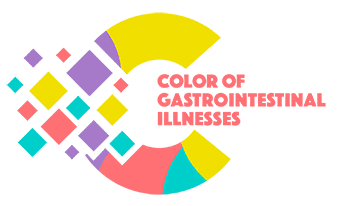This week is National Eating Disorder Awareness Week.
The real goal of this week is to raise awareness for eating disorders by shining a spotlight on them. Let’s start with what defines an eating disorder first. According to the APA (American Psychiatric Association), “Eating disorders are illnesses in which the people experience severe disturbances in their eating behaviors and related thoughts and emotions. People with eating disorders typically become pre-occupied with food and their body weight”.
Historically, identifying eating disorders has been associated with heterosexual, white, females, but affects everyone from all demographics. People with disabilities, LGBTQ+A, men, women, and black and indigenous people of color (BIPOC); can all have unique stressors that may contribute to developing and maintaining eating disorders.
Common symptoms or warning signs of eating disorders include emotional, behavioral, and physical behaviors that may indicate a problem; behaviors and attitudes that indicate that weight loss, dieting, and control of food are becoming primary concerns.
Treatment or treating an eating disorder starts with diagnosis and awareness. From there, psychological and nutritional counseling are key steps of the treatment process. Factors such as interpersonal, biological, or psychological that can contribute to or maintain the eating disorder, must be addressed.
If you are struggling or feel like you may be developing an eating disorder, there are opportunities to get support. You can go to https://www.nationaleatingdisorders.org/help-support/contact-helpline
Sarina Irizarry, M.S.
Functional Nutritionist and Certified Wellness Coach
Sources:
https://www.nationaleatingdisorders.org
https://www.psychiatry.org/patients-families/eating-disorders/what-are-eating-disorders

